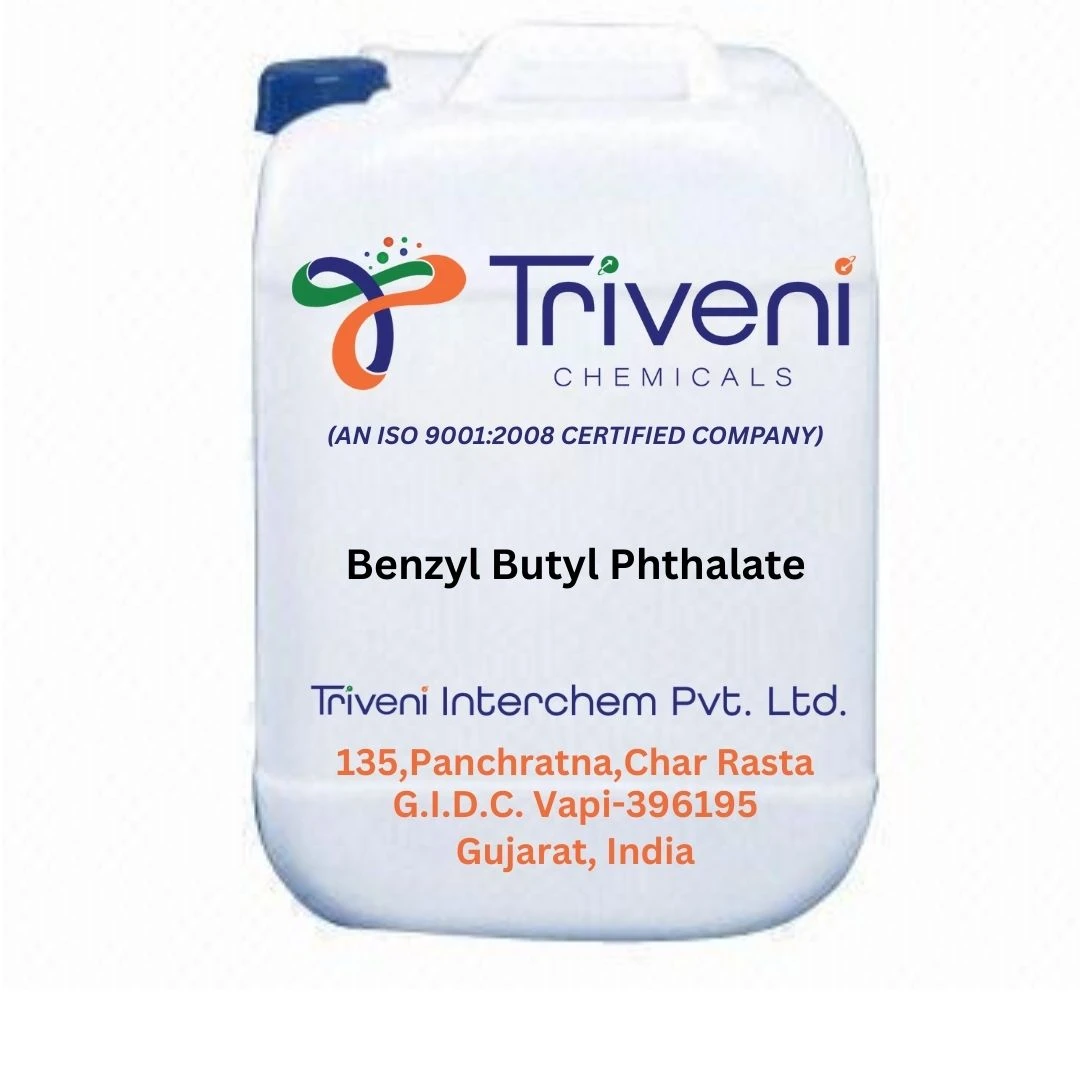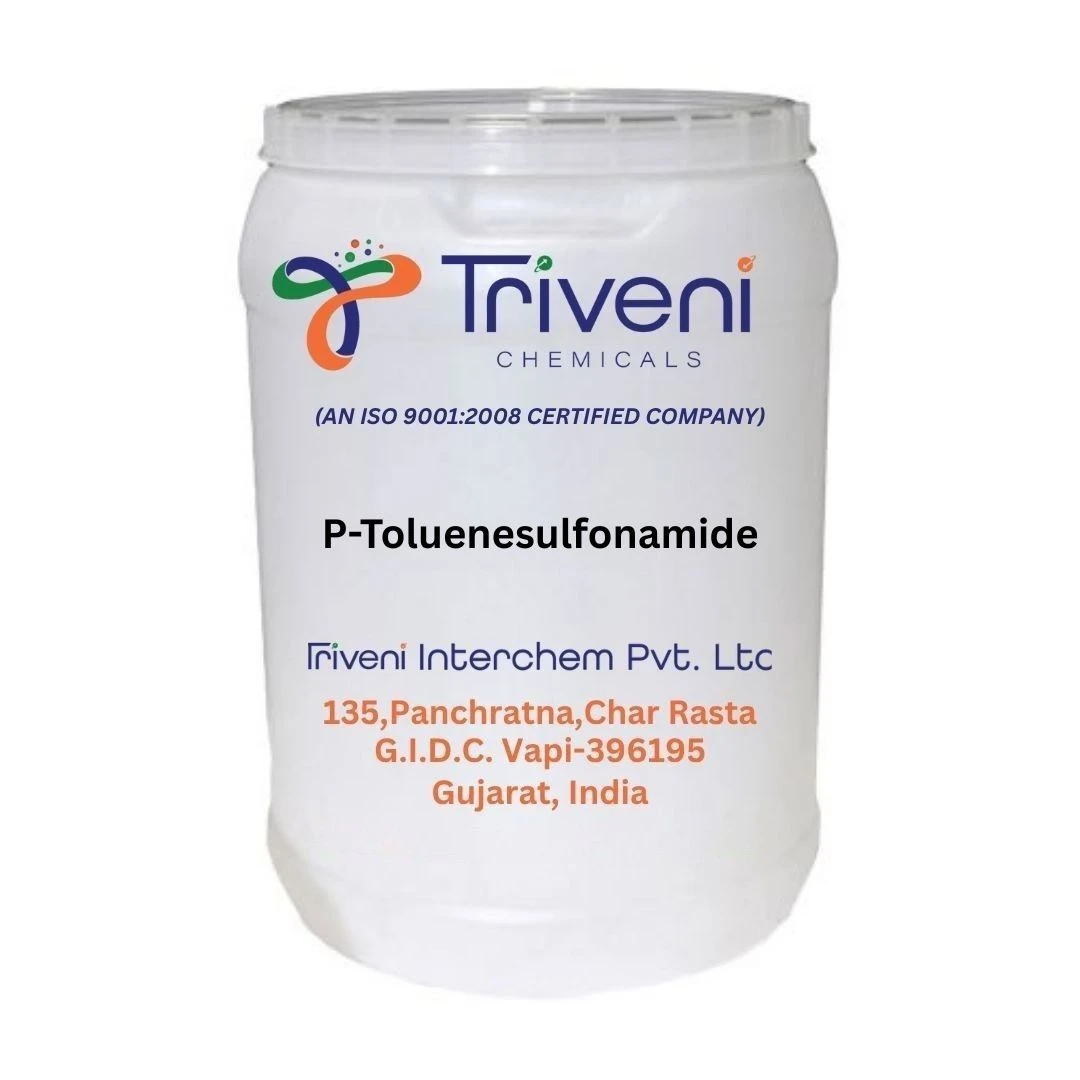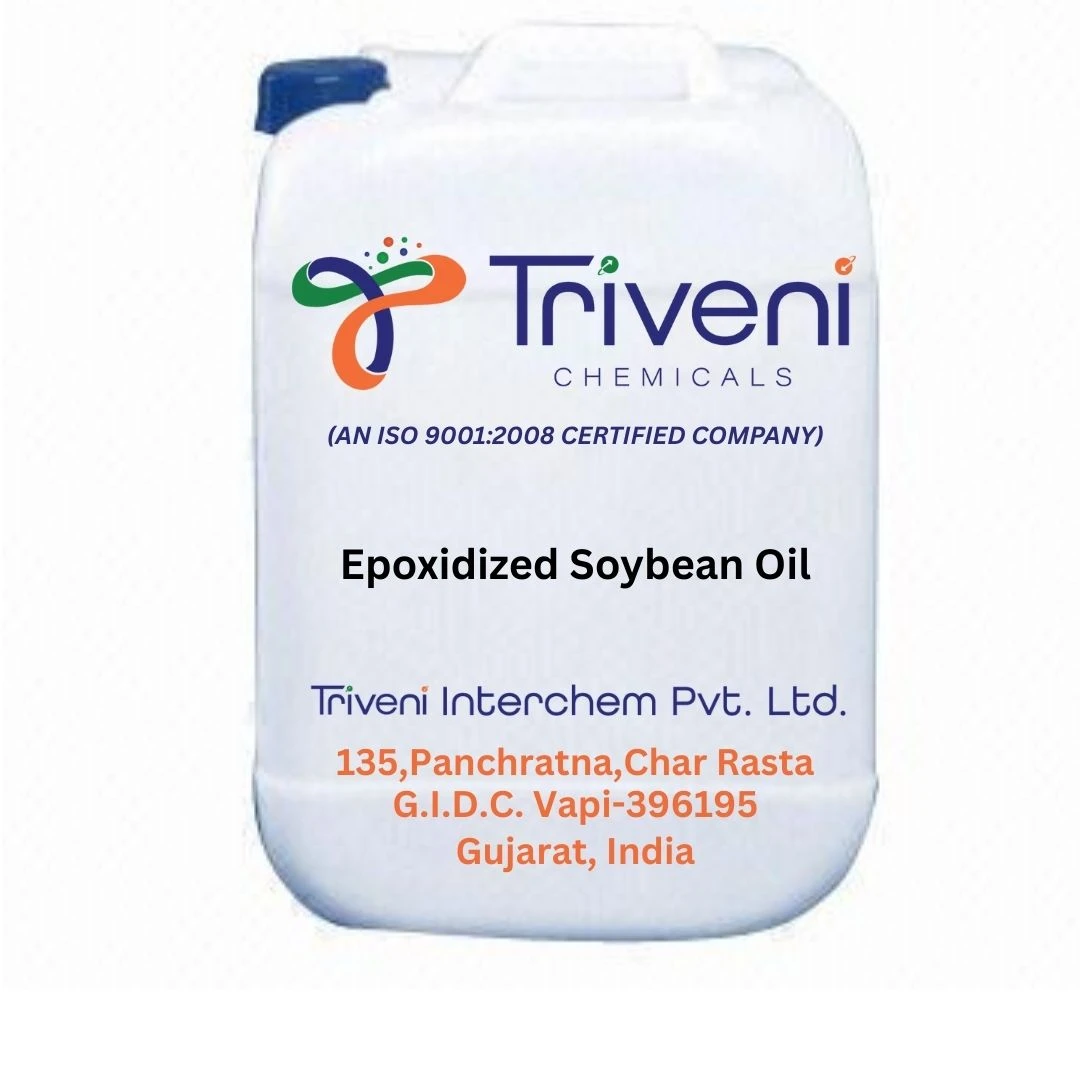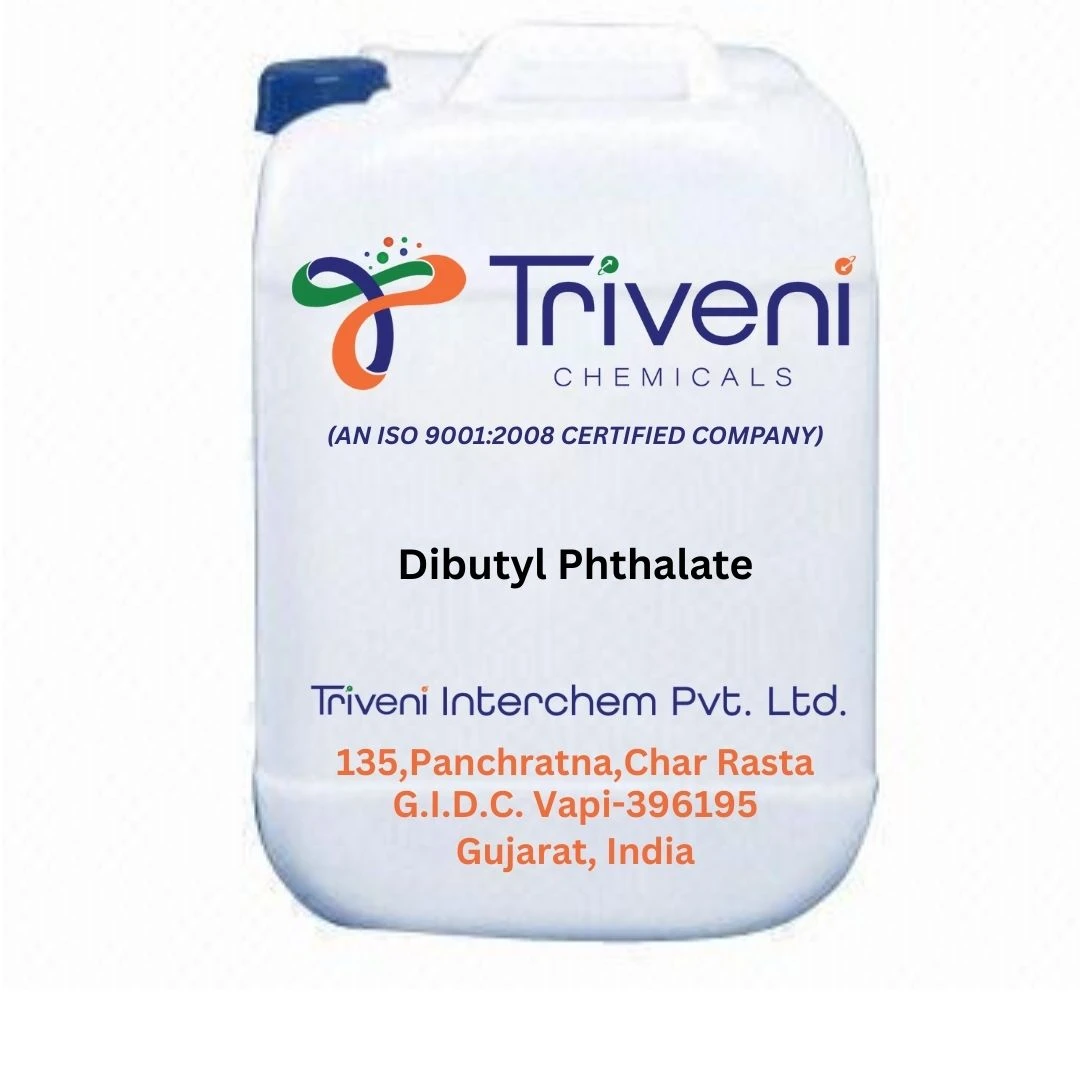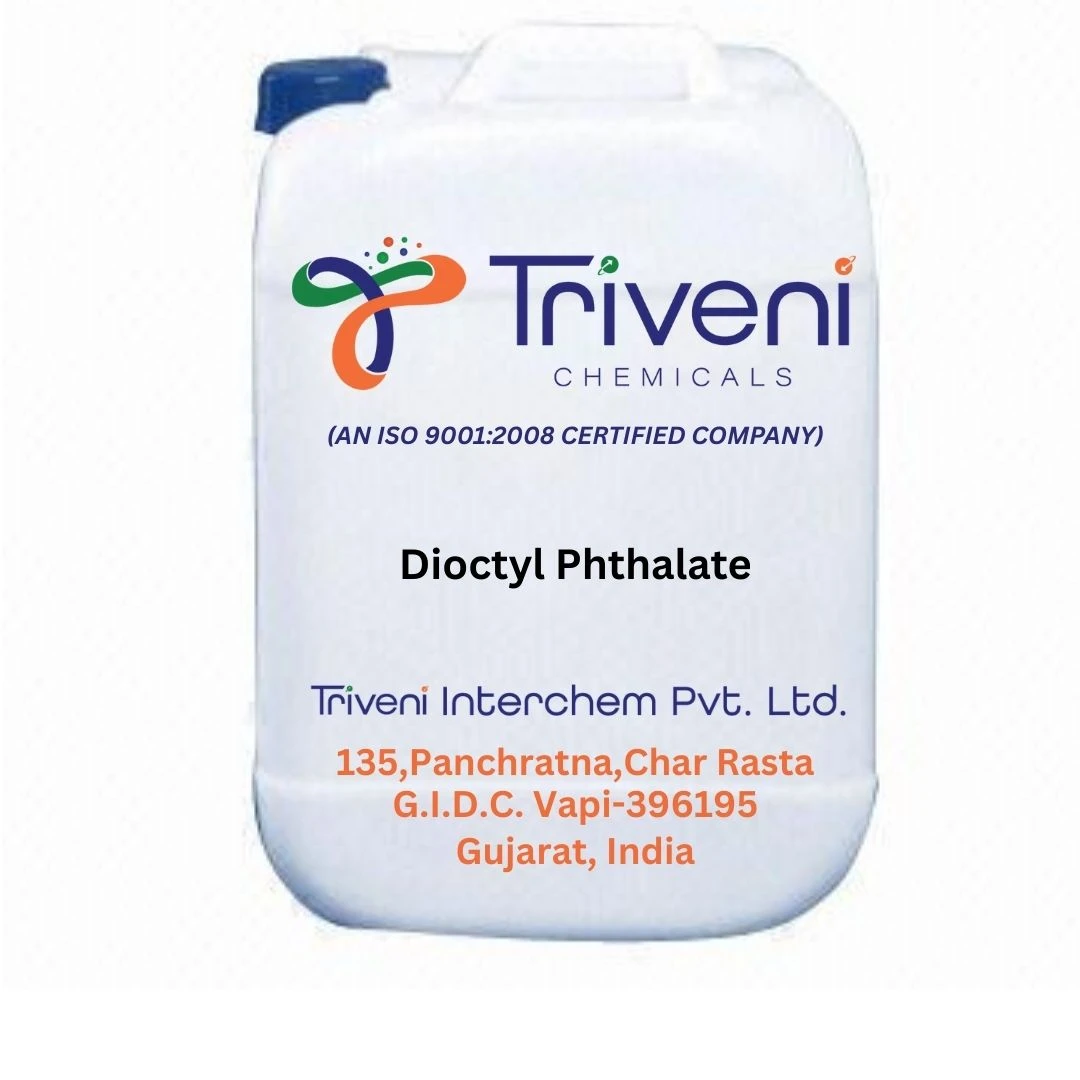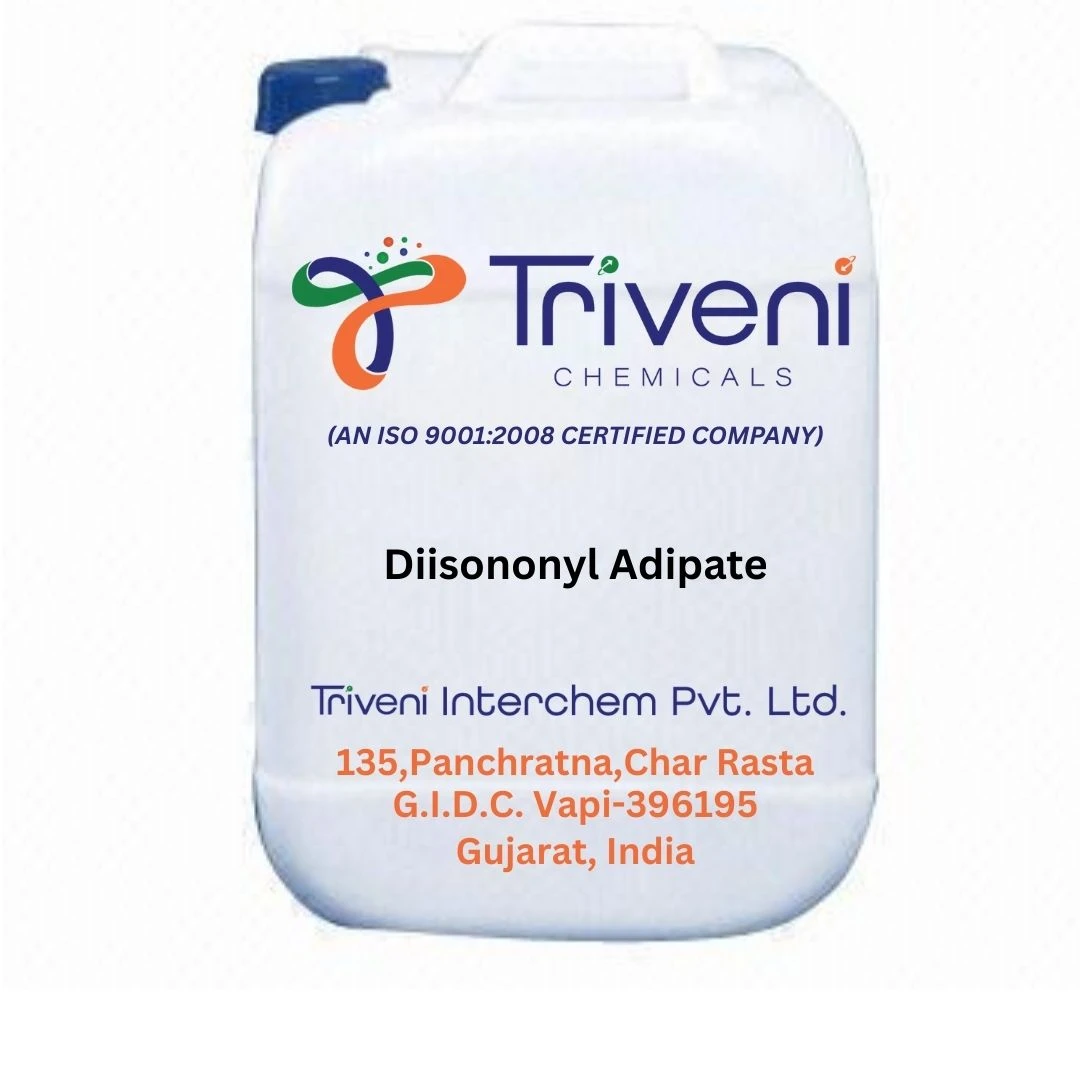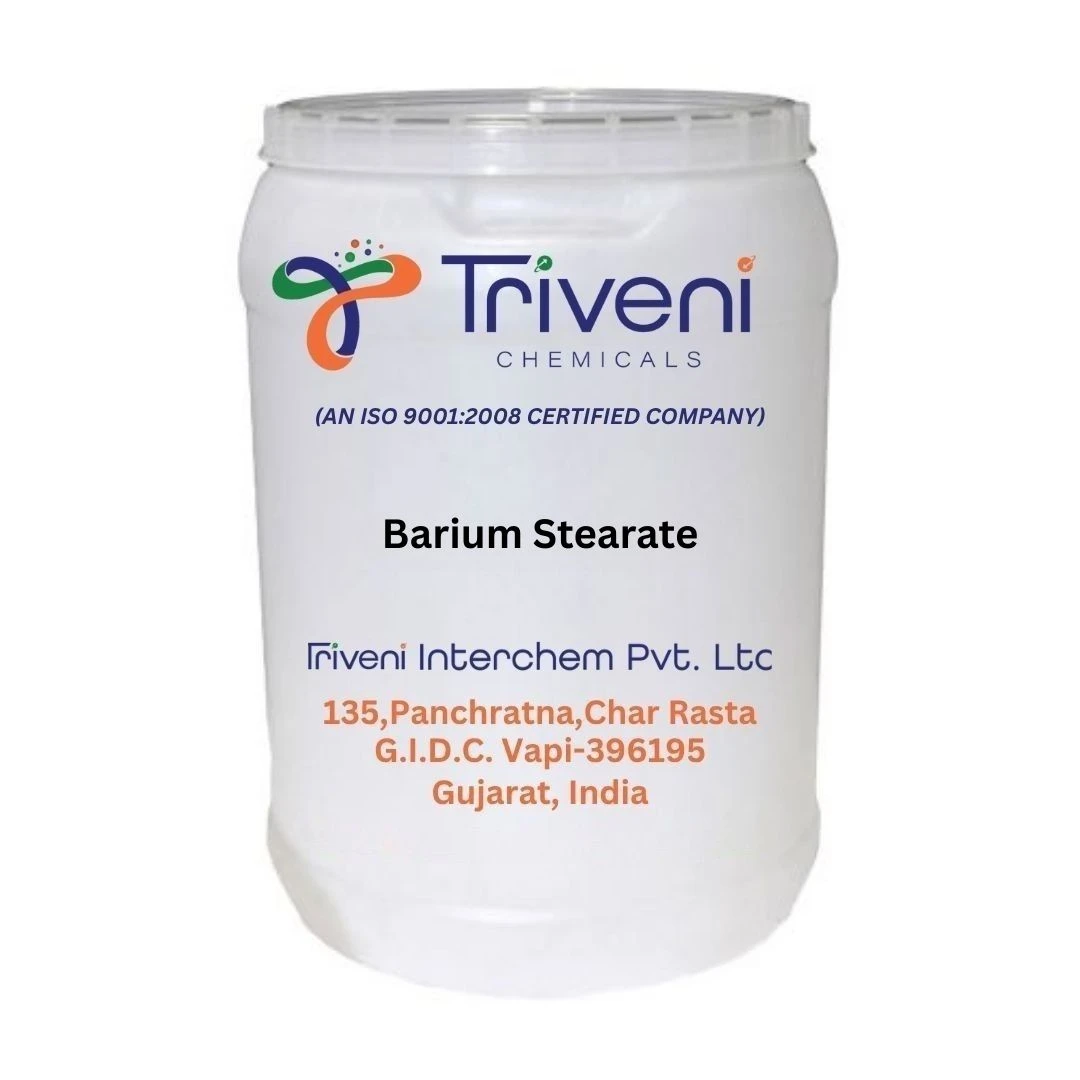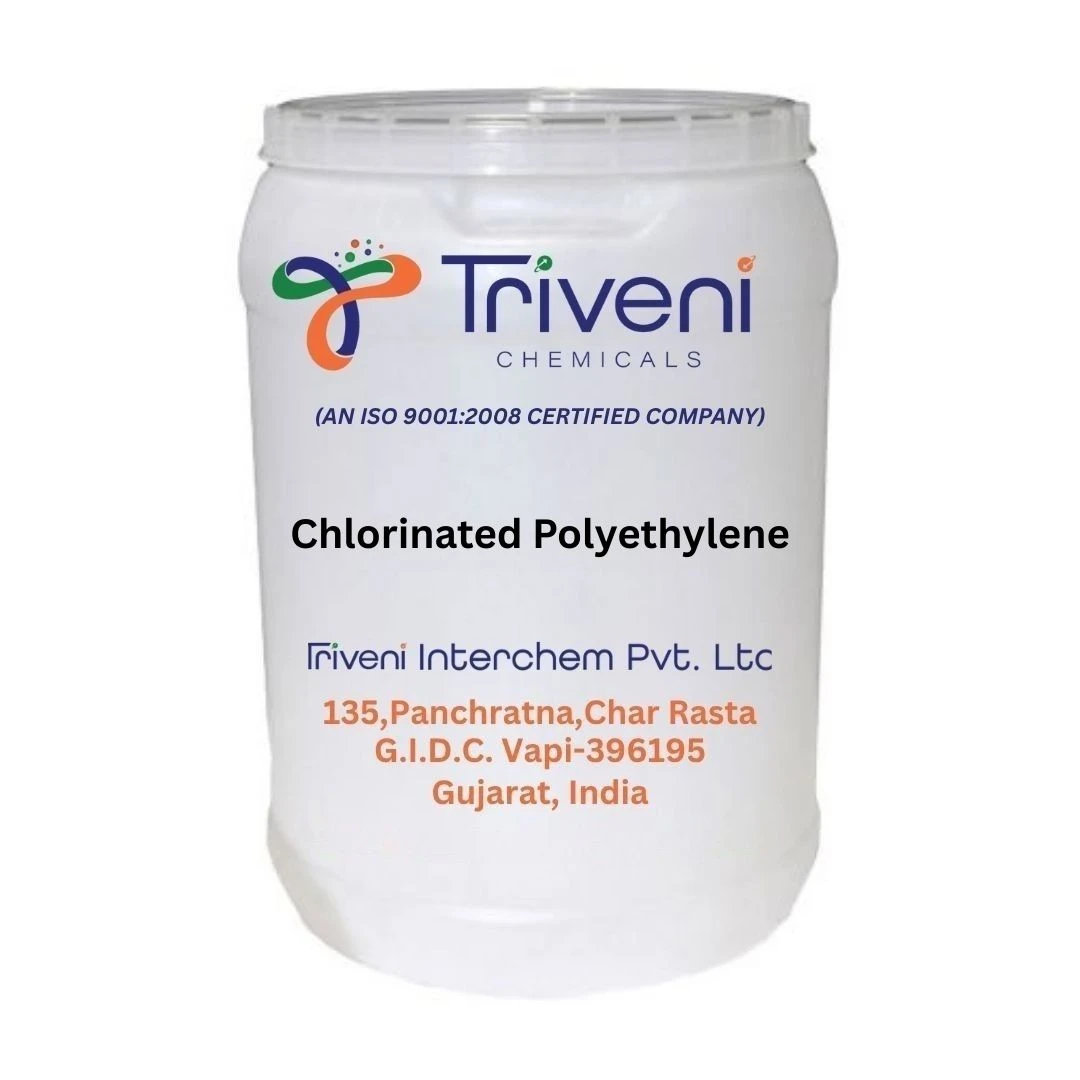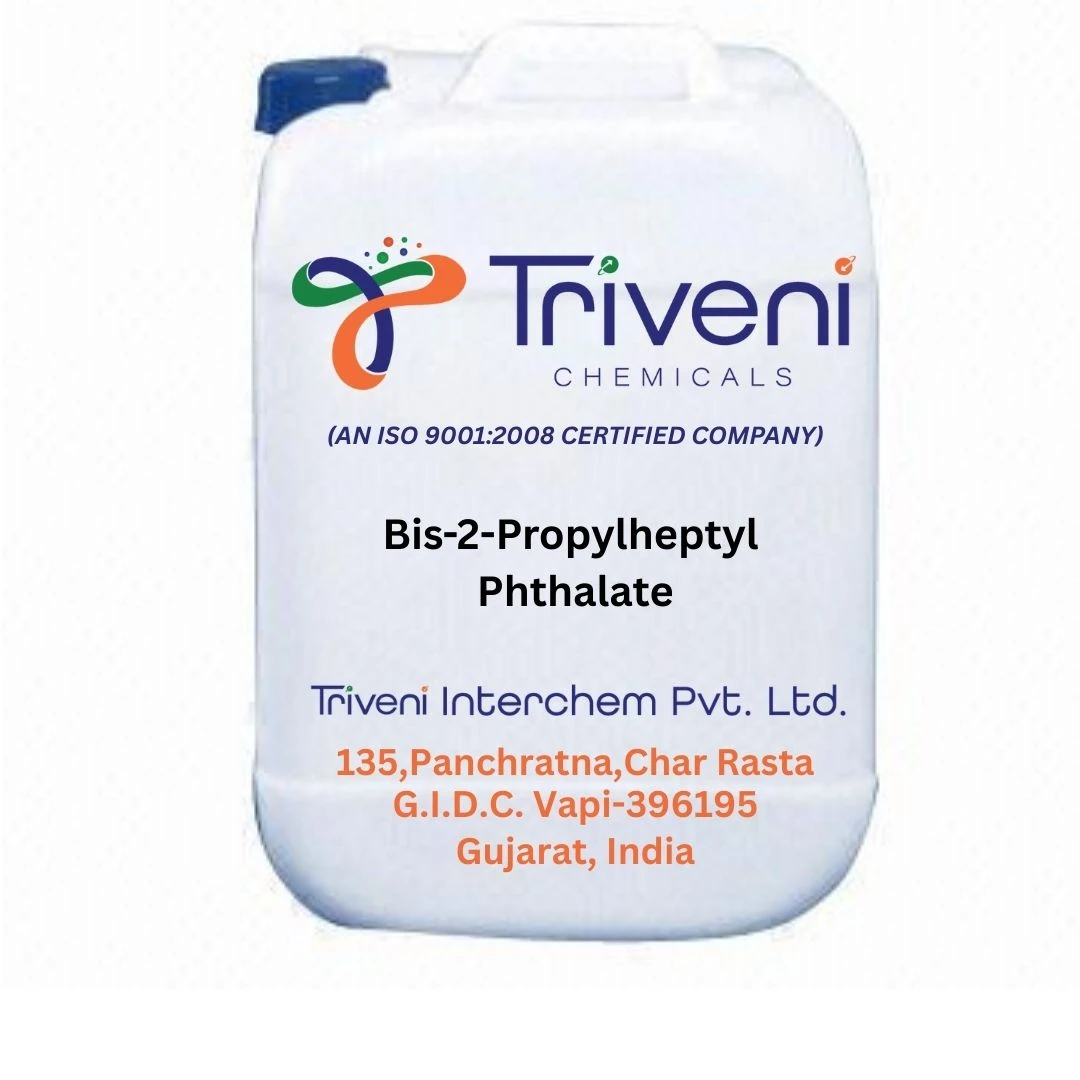Plasticizers made of polyvinyl chloride (PVC) are essential for changing the characteristics of PVC, a synthetic polymer that is widely used and valued for its strength and adaptability. Since PVC is naturally brittle and stiff in its pure state, it is not a good fit for many applications that call..
Plasticizers made of polyvinyl chloride (PVC) are essential for changing the characteristics of PVC, a synthetic polymer that is widely used and valued for its strength and adaptability. Since PVC is naturally brittle and stiff in its pure state, it is not a good fit for many applications that call for flexibility and durability. Plasticizers are additives that give PVC flexibility, durability, and other desired qualities, making it more useful in a variety of industries.PVC Plasticizer Types PVC plasticizers come in a variety of forms, each having special qualities and uses.Phthalate plasticizers: Due of their great PVC compatibility and affordability, phthalate plasticizers are the most widely utilized plasticizers. Diisodecyl phthalate (DIDP), diisononyl phthalate (DINP), and di(2-ethylhexyl) phthalate (DEHP) are a few examples. Non-Phthalate Plasticizers: Non-phthalate plasticizers have become more and more popular as a result of worries about the effects of phthalates on human health and the environment. Adipates, trimellitates, and different bio-based plasticizers made from renewable resources are a few of them.Epoxidized Soybean Oil (ESBO) is a widely used bio-based plasticizer that is appropriate for outdoor use due to its good heat and light stability. Polymeric Plasticizers: Unlike conventional monomeric plasticizers, these plasticizers are based of polymeric materials and provide better permanence and compatibility with PVC. Features and Advantages PVC plasticizers fulfill a number of important purposes:Flexibility: Plasticizers are mostly used to give PVC flexibility so that it can be molded or extruded into a variety of shapes without breaking or cracking.Durability: Plasticizers increase PVC's resilience and durability by increasing its resistance to abrasion and impact.Processability: By lowering the processing temperature and using less energy during manufacture, they improve the processability of PVC.Compatibility: Plasticizers make guarantee that various PVC formulations and other additives used in PVC processing work well together. Uses PVC plasticizers can be used in a variety of applications due to their versatility: Construction: The usage of PVC plasticized goods is widespread in the building industry for roofing membranes, flooring, window profiles, and pipelines.Automobile: They are utilized in applications like seat coverings, door panels, and dashboard covers.Consumer Products: Toys, medical equipment, and packaging materials are examples of products that use PVC plasticizers.Regulatory and Environmental Aspects Concerns about the possible health effects of some old plasticizers have prompted efforts to discover and use more environmentally friendly alternatives, even though PVC plasticizers have been essential to improving PVC characteristics. Research and development of safer alternatives has increased as a result of global regulatory organizations enforcing rules and restrictions on the use of specific phthalate plasticizers. To sum up, PVC plasticizers are necessary additions that convert inflexible PVC into a flexible substance appropriate for a wide range of commercial and industrial uses. The industry is pushing innovation toward more sustainable solutions as it works to balance performance with environmental and health issues as research advances.


